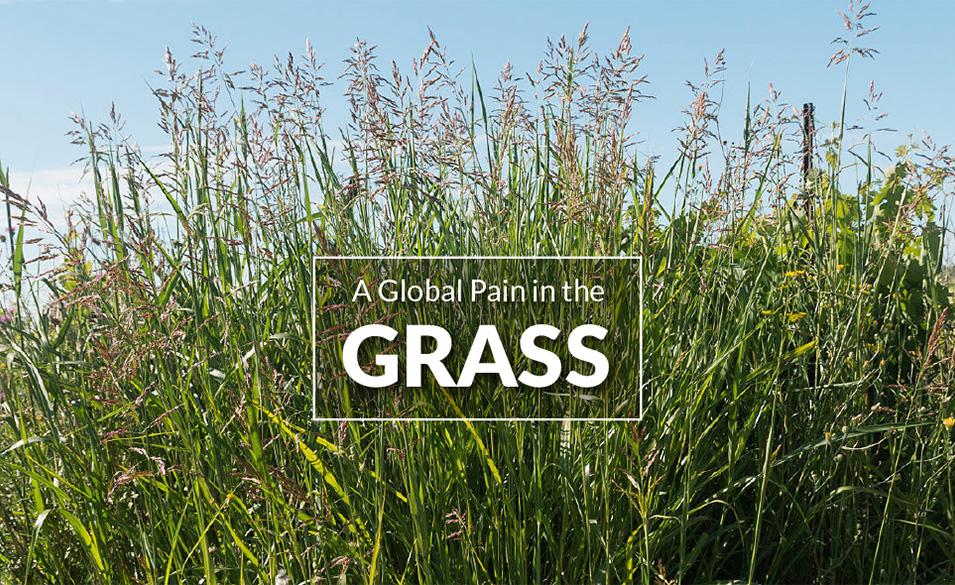
Johnsongrass, AKA Sorghum halepense, is a problem for property managers all over the world. And we mean “all over the world” in the most literal sense, because this invasive perennial grass is present on every continent but Antarctica. It’s resistant to most herbicides, shows strong cold and drought tolerance and can flourish in low-fertility soils. Johnsongrass is a big problem that keeps getting bigger.
It’s become such a problem for property managers in the southeastern U.S., in fact, that the University of Georgia is beginning a $5 million study to find new ways to attack the monster before it takes over completely.
Better understanding leads to better solutions
Over the course of the five-year project, University of Georgia researchers, in conjunction with researchers from Virginia Tech, the University of California, Kansas State University, North Carolina State University, University of Texas, Temple, and Texas A&M, will work to
- Better understand the capabilities of Johnsongrass
- Grasp the underlying genes that make it so resilient
- Develop new management strategies that target and curb its growth
- Pave the way for new genetic tools to improve useful plants, such as sorghum, which is a close relative
Control measures
Most people can’t wait five years to start wrestling with Johnsongrass. In the meantime, the Missouri Department of Conservation has a few key recommendations in place for getting ahead of the aggressive green beast.
To eradicate Johnsongrass, control measures must be thorough. Various cultural practices and chemical herbicides will effectively control germinating seed, seedlings, and established plants. Objectives of a good control program:
Prevent production and spread of seed
Destroy seedlings before rhizomes are formed
Weaken and kill existing rhizomes
Control new infestations as they appear
There are other methods that help, although nothing works completely on its own. Regular tillage aids the effectiveness of herbicides, and crop rotation has also proven effective. For best practices in your area, contact your county extension agent.
Reliable solutions
These measures are easier said than done, but with such an aggressively invasive weed, complete eradication is often the only answer. Ragan & Massey recommends RM43, our solution for total vegetation control. Compare-N-Save Concentrate Grass and Weed Killer 41% Glyphosate is also effective on Johnsongrass. Be sure to follow application instructions, or contact Ragan & Massey directly with questions.

Be sure to follow Ragan & Massey on Facebook for daily updates, and check back here every week for more in-depth expertise, advice and product updates.
